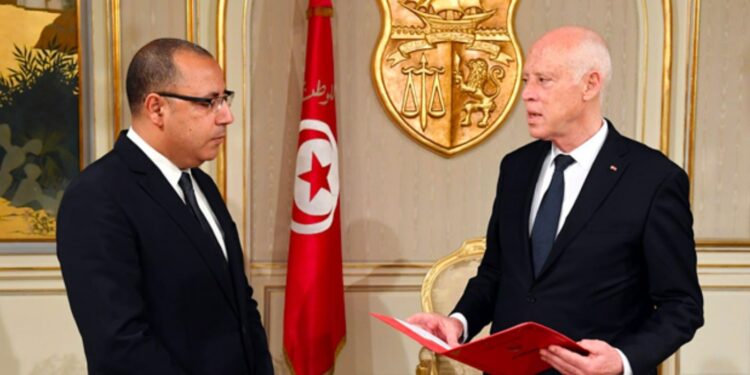Four years after leaving the Kasbah, Hichem Mechichi finally comes out of his silence. The former head of government recounts his departure from the government during the July 25, 2021describing a country plunged into “unreasonable and hysteria”.
For Mechichi, his prolonged silence was a choice of “professional responsibility” and respect for the image of the state. “It is not a question of letting certain political actors write history in their own way,” he says. Mechichi admits belonging to what is called “Deep State”, but according to its vision, this corresponds to the post-independence national state, which has offered opportunities, sometimes limited, to the middle class to progress in society thanks to their skills.
In this five-hour podcast disseminated by a press organ belonging to Al-Jazeerahe presents himself as a technocrat, nor opponent or revolutionary, shaped by an administrative and academic journey. But his words highlight above all The gap between his analyzes and the experience of Tunisians.
Read also: Mandate to bring international against Hichem Mechichi
His vision of a post-independence state which would have offered opportunities limited to the middle class may seem disconnected from the reality experienced by the majority of the population.
Mechichi criticizes the instrumentalization of the judiciary and the treatment of what he calls political prisoners, while placing himself as an impartial witness. But the silence and the lack of action during his mandate question his credibility: could he really “warn” what he denounces today?
In the end, this media outing looks less like a revelation than a timely reminder of its role in the old system, while Tunisia continues to seek concrete answers.








